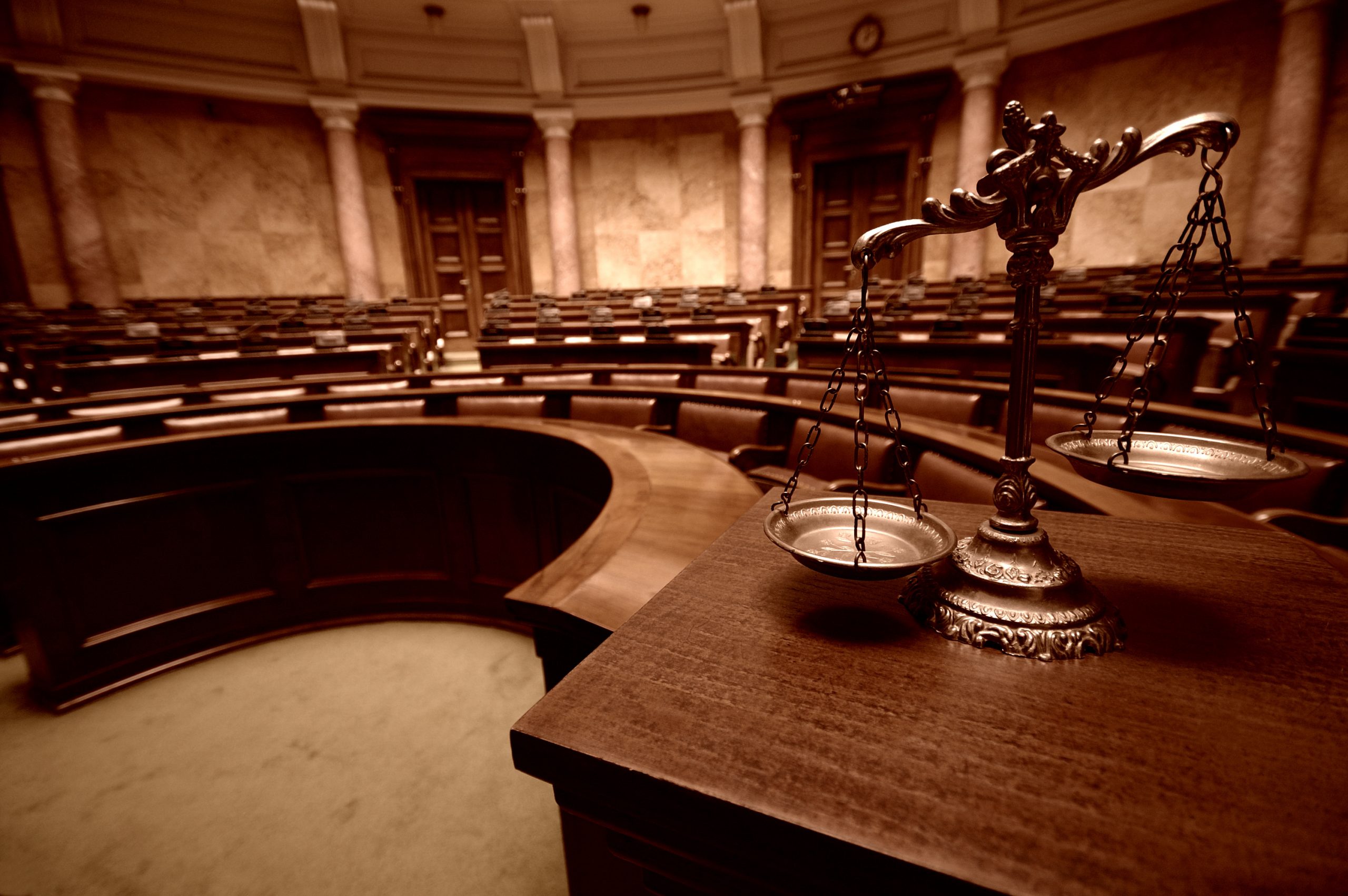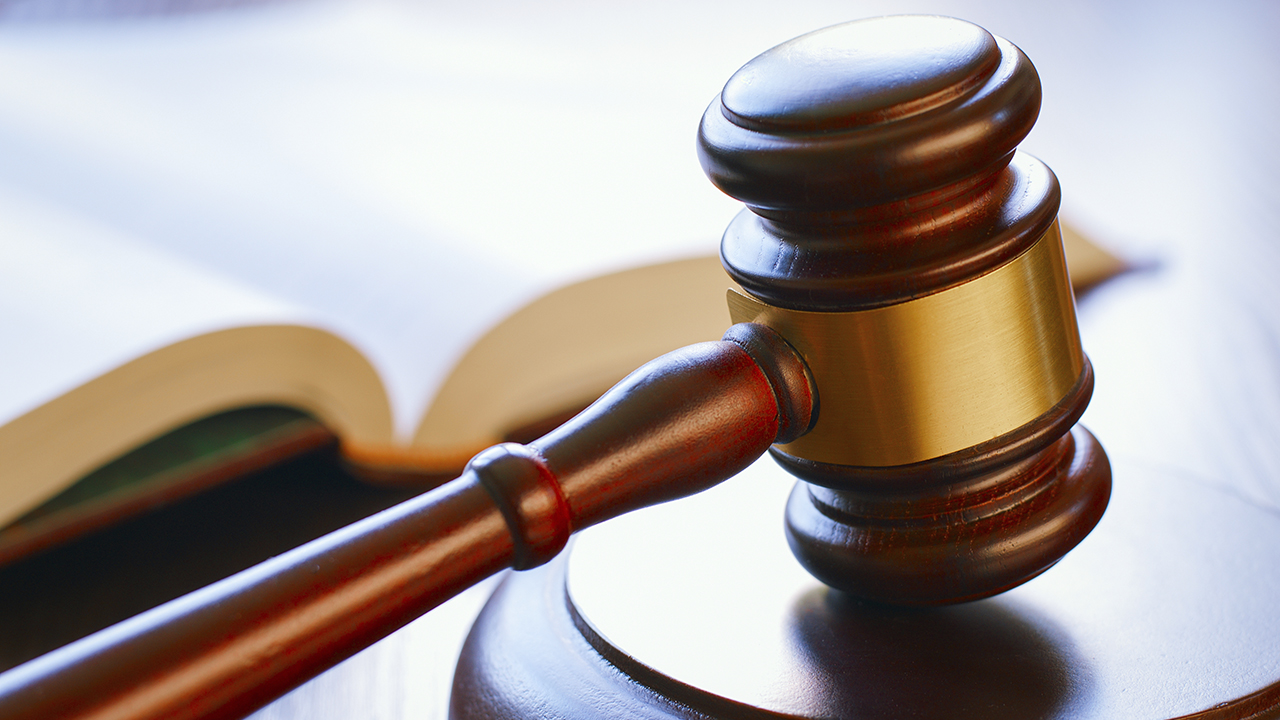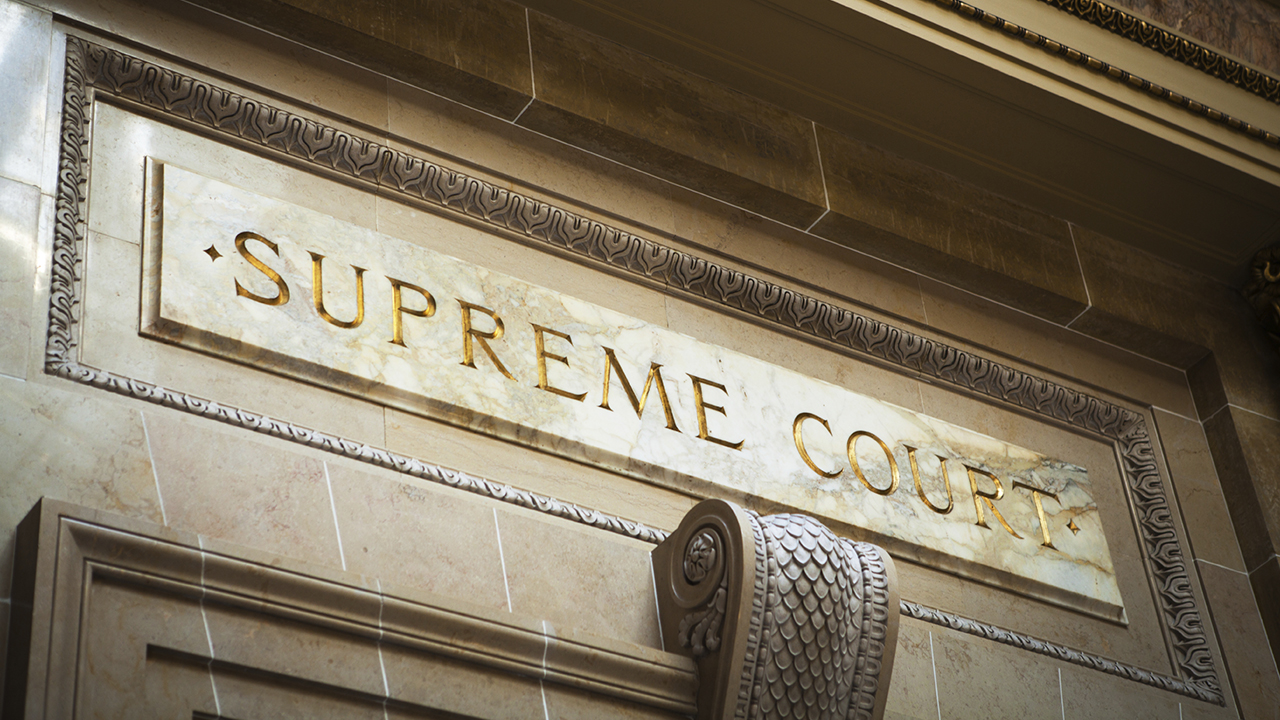Courts Must Not Carve Out Sexual Assault Survivors from Existing Legal Protections Against Retaliatory Defamation Lawsuits

***UPDATE*** On March 9, 2021, a New York appellate court ordered all claims against Christina to be dismissed. Citing NWLC’s amicus brief, the court called the original decision “an unacceptable result” that would “dissuad[e]” victims from seeking protection and “embolden[] sexual assaulters who seek to weaponize the legal system in order to silence their victims.” This is a great victory for Christina and all sexual assault survivors!
On August 10, 2020 NWLC, along with its legal counsel Kirkland & Ellis and 39 other civil rights and survivor advocate organizations, filed an amicus brief in Sagaille v. Carrega in support of Christina Carrega.
Christina met her named harasser at a friend’s baby shower in New York. As she was leaving, according to the filings in the trial court, he jumped into her car, asked for a ride home, and sexually assaulted her in her car by forcibly kissing her, licking her face, and groping her breast.
When she tried to get an order of protection against him, she was told she needed to file a police report first. He’s now suing her for defamation because she filed a police report.
In New York, people who report misconduct to the authorities can’t be liable for defamation based on what they said in their report—unless they acted with spite or with the knowledge that their report was probably false. In many other states, people who report crimes to police can never be liable for defamation based on what they said in their police report.
But in Christina’s case, the court held that she was not entitled to New York’s protections for people who report misconduct solely because sexual assault was the type of misconduct she reported. Specifically, the court said that reports of sexual assault are so “extravagant” that it could “infer” Christina might be both spiteful and a liar. The court also said that Christina could have lied about the sexual assault to advance her career.
This is an outrageous decision.
If not overturned, any sexual harasser in New York will be able to subject a survivor to an expensive defamation lawsuit solely because the survivor reported their sexual assault to their school, workplace, police, or any other authority. And any survivor in New York who is sexually assaulted by someone other than an intimate partner or family member will have to risk a defamation suit in order to get an order of protection.
Our brief in support of Christina explains:
- Sexual assault is widely prevalent and vastly underreported.
Every 73 seconds, someone in the U.S. is sexually assaulted. But many survivors fear retaliation if they come forward. That’s why less than one in four sexual assaults are reported to police, only one in ten are reported by college students to campus police, and only 2% are reported by teenage girls to their schools. This decision, if not overturned, will only further exacerbate underreporting.
- Survivors, particularly Black women, who report sexual assault often face retaliation, including defamation lawsuits.
When survivors come forward, they are often suspended or kicked out of school, demoted or fired at work, and even face death threats. In recent years, defamation lawsuits have become increasingly weaponized by sexual harassers as another retaliatory tactic.
If this decision is not overturned, it will make it easier for harassers to sue survivors for defamation. This will especially harm Black women like Christina, who are already more likely to be disbelieved and punished when they report sexual assault due to race- and sex-based stereotypes that label them as more “promiscuous” and less credible than white women.
- New York law protects all people who report misconduct from defamation lawsuits, including survivors.
The New York court effectively held that Christina wasn’t protected from defamation lawsuits under existing New York law because (1) reporting sexual assault is “extravagant” and therefore presumptively spiteful and false, and (2) she could have lied to advance her career. But there is nothing “extravagant” about reporting sexual assault—we need more reporting, not less. And survivors who come forward are far more likely to lose their jobs—or even get rejected from their entire industry—than to “get ahead.” This decision, if not overturned, will allow courts to rely on harmful and false rape myths to deny survivors their basic legal protections and rights.
We’re fighting in this case for Christina and for all survivors of sexual assault and other forms of sexual harassment.



